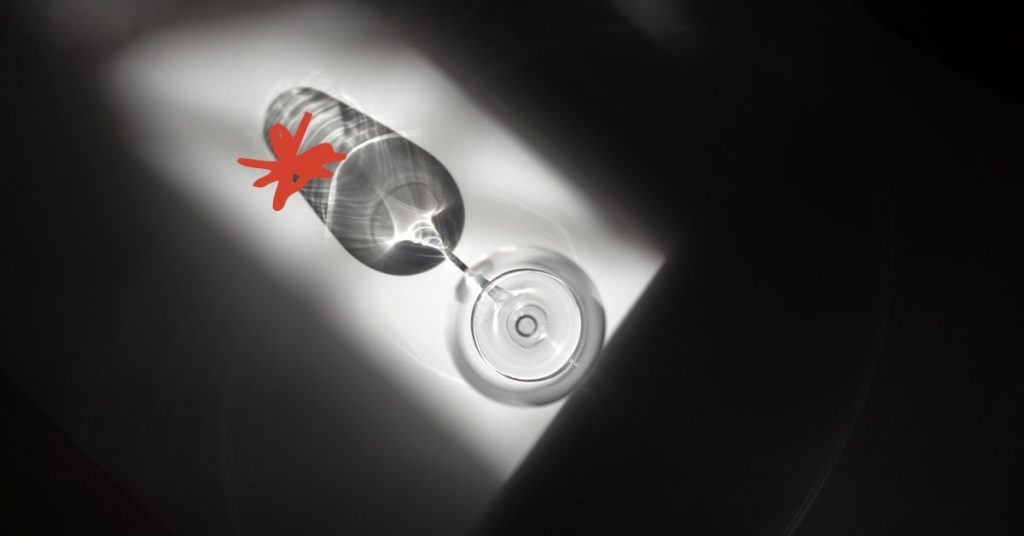A new study suggests that there is no level of alcohol consumption that does not increase the risk of dementia among drinkers. Previous research had indicated that light to moderate drinking might confer protection against dementia, but this new study found that alcohol heightened dementia risk in proportion to the amount consumed. The authors of the study used statistical methods based on genetic analyses to reach their conclusions, which contradicted earlier findings that suggested a protective effect for lower levels of alcohol consumption. The study, published in eClinicalMedicine, found a linear relationship between alcohol consumption and the risk of developing dementia.
To further explore the relationship between light and moderate alcohol consumption and dementia, researchers analyzed data from the UK Biobank for nearly 314,000 white, British drinkers who were free of dementia at the start of the study. Participants self-reported their drinking habits and provided genetic information to the UK Biobank. Data was collected from 2006 to 2010, and participants were followed until 2021 to monitor any diagnoses of dementia. Two perspectives were used to analyze the data – the first involved self-reported alcohol consumption information using multivariable Cox analysis, while the second used genetic data to predict alcohol consumption based on specific genetic variations. Both analyses found a linear relationship between alcohol consumption and dementia risk, implying that there is no safe level of alcohol consumption in relation to dementia risk.
Neurologists and other medical professionals not involved in the study explained that alcohol is a known neurotoxin that can cause brain atrophy, leading to worsened dementia symptoms. Chronic alcohol use can also deplete key vitamins that are important for memory and cognition. While it was previously believed that moderate alcohol intake could be beneficial for heart health, recent research has debunked this idea, suggesting that there is no good reason to drink alcohol for health reasons. Even light alcohol consumption has been found to have no brain health benefits, as it can cause seizures, neuropathies, and other neurological issues.
One factor contributing to previous research suggesting a protective effect for moderate drinking is what experts refer to as “abstainer bias,” which includes former drinkers who may have stopped due to health issues being included in the non-drinker category. This can skew results and make alcohol use appear healthier than it is. While reducing or eliminating alcohol consumption is an important step in protecting brain health, experts note that other factors such as age, cardiometabolic disease, smoking, education, and socioeconomic factors also play a role in dementia risk. Addressing alcohol consumption is important for prevention, but it is just one avenue that should be considered when assessing dementia risk in patients.
Overall, the new study emphasizes that there is no safe level of alcohol consumption when it comes to dementia risk. While some debate remains about whether light alcohol consumption has any health benefits, particularly for heart health, evidence suggests that there are no brain health benefits to any amount of alcohol consumption. Addressing alcohol use is an important aspect of dementia prevention and should be considered alongside other risk factors. Medical professionals emphasize the importance of considering alcohol use in patients at risk for developing dementia and note that it can have a significant impact on memory loss, neuropathies, and other neurological conditions.


